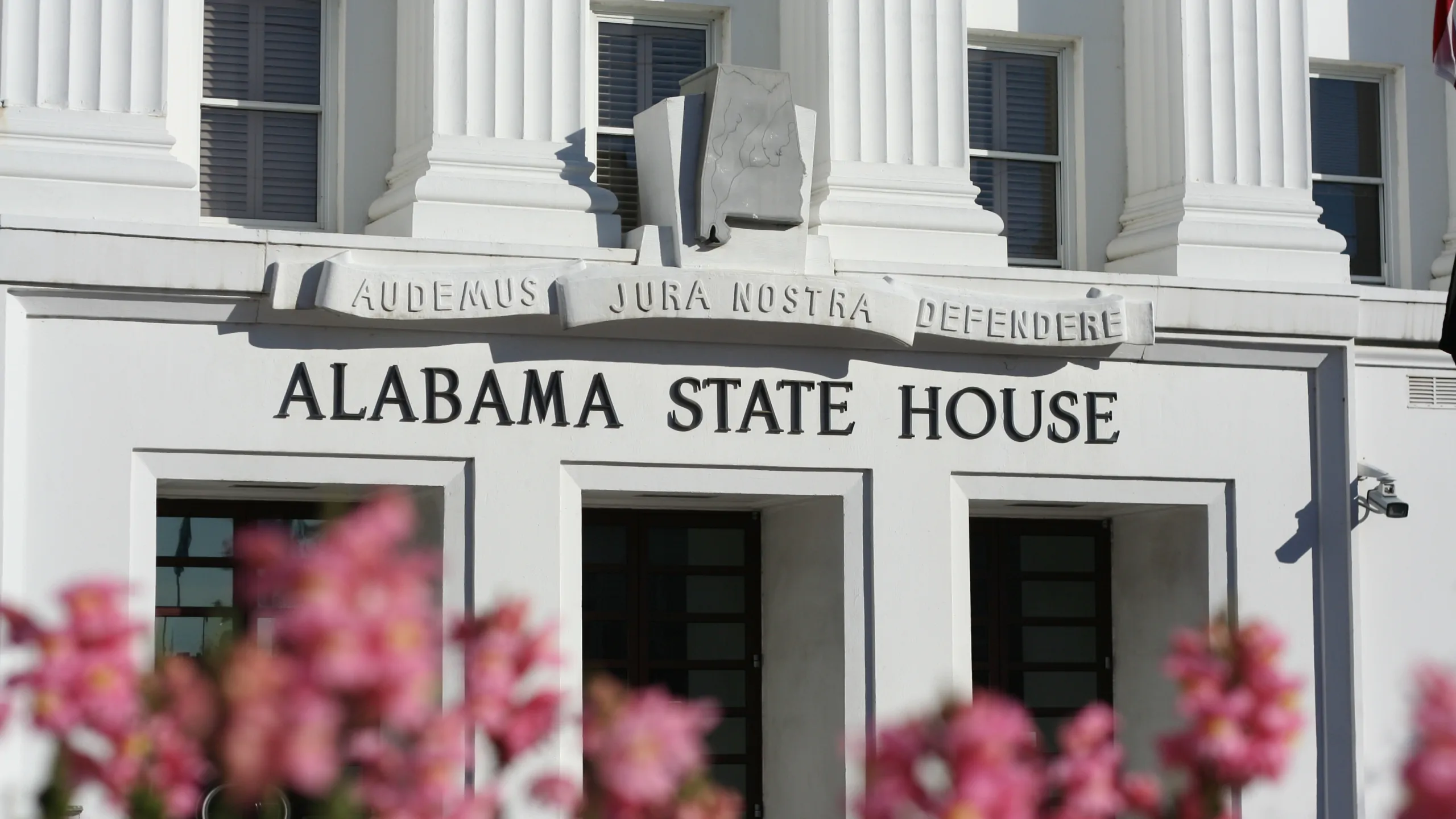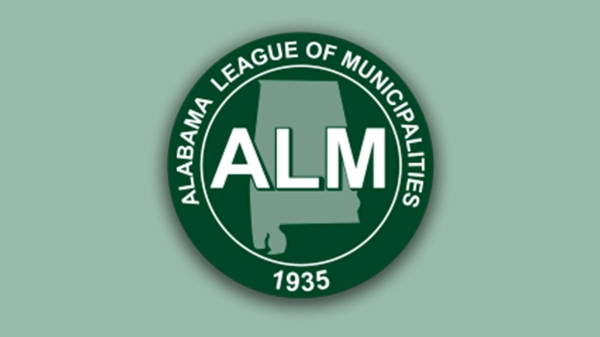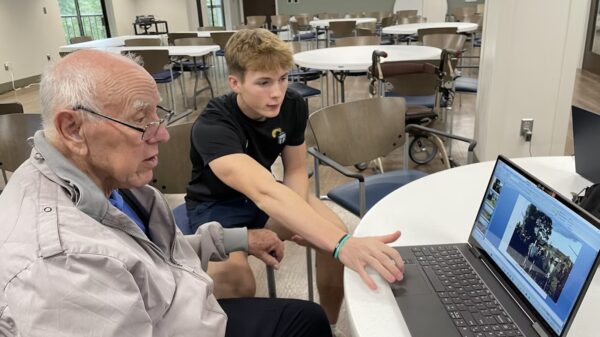The primary issues for municipalities, including broadband and waste infrastructure, were addressed in meaningful ways during this previous legislative session, according to the executive director of the Alabama League of Municipalities, Greg Cochran.
In January, Alabama directed a total of $771.9 million in federal American Rescue Act funds towards broadband infrastructure, sewage and water treatment, and funds for health care providers statewide during this year’s special session on ARPA fund disbursement. Additionally, these federal funds also went towards telehealth, volunteer fire departments, assisted living facilities, and Alabama’s unemployment compensation trust fund.
The second infusion of aid funds is scheduled for this summer, with its use likely to fall along similar infrastructural lines.
“We were very grateful to the legislature and Governor Ivey for allocating their state ARPA dollars towards municipal use,” Cochran said during an interview with APR Monday. “They have lined it up for drinking and wastewater, along with broadband infrastructure, and those are three strong categories that will leave lasting legacies in those communities.”
Easy and affordable access to clean water and adequate wastewater drainage systems remains a serious public health crisis in certain rural counties and municipalities, particularly in the black belt. According to Columbia World Projects, an estimated 90 percent of septic systems in the region are not operating correctly or have failed due to preexisting soil conditions, forcing many to resort to straight piping waste outside of their homes. Out of the $225 million earmarked for water and sewer infrastructure project grants, $5 million was specifically designated for wastewater systems in the black belt region.
“What the legislature did is they identified, through ADEM, several communities that were in need of resources and did not have local resources to adequately repair their wastewater systems and upgrade their drinking water systems,” Cochran said, referring to the Alabama Department of Environmental Management’s water and sewer grants. “They have given them 100 percent grants, and that money, I believe, is now available, but they’re waiting for the municipalities to get all their information together from their consultants and engineers, so they can start putting shovels in the ground.”
Cochran said he is hopeful that a portion of the remaining ARPA relief funds scheduled for the summer will be used for municipal issues and concerns, including broadband and rural water systems.
By in large, Alabama is a state of small municipalities. Out of the state’s 464 incorporated municipalities, 60 percent of municipalities have a population of few than 2,000, with an additional 27 percent having a population of fewer than 500, according to the Alabama Bar Association.
The Constitution of Alabama does not explicitly grant any right to local governance for municipalities, meaning a large portion of bills passed in the state capitol relate to what municipalities can and cannot do. The COVID-19 pandemic made municipal legislation in Montgomery even more crucial to local communities.
As the nation begins crawling towards a new post-pandemic normalcy, the full-scale and lasting economic damage wrought by COVID-19 remains hard to estimate. Despite this, Alabama municipal economies remain resilient and even exceeded expectations in some instances, according to Cochran.
“Overall, the sales tax collections, business license collections, still exceeded what municipal officials thought would come in during the pandemic, outside of a handful of communities that had a one-off, extraordinary circumstance,” Cochran said. “Take Birmingham, for example. They lost several big conferences because business travel had stopped and conferences from associations had stopped. So a revenue that they were looking towards in lodgings, and entertainment, food. All that has kind of dried up a little bit, and so it created a lack of funds on their behalf.”
During the earliest time of the pandemic, The League, in partnership with the city of Tuscaloosa, launched a web portal for local governments to use to record their economic losses and estimate the financial cost of the pandemic for them. Cochran said the web portal was a useful tool in communicating between elected officials at the state and local on the dramatic drops in main revenue streams for local governments.
“When the pandemic first happened, we saw a huge dip as everyone sheltered in place and didn’t get out and spend money; the one exception would be in grocery stores,” Cochran said. “After about eight months or so, we started seeing a climb back. The only thing that lagged behind was really lodging taxes. The lost revenue in lodging taxes never really came back to the normally expected level. But in sales taxes, rental taxes, occupational taxes, all those came in at or above the expected levels.”
The League of Municipalities is one of the largest and most influential interest groups in the state of Alabama, advocating on behalf of nearly all municipalities in the state. Its annual four-day convention, held at the Bryant Conference Center in Tuscaloosa, is scheduled to begin Wednesday and last until the weekend.





















































